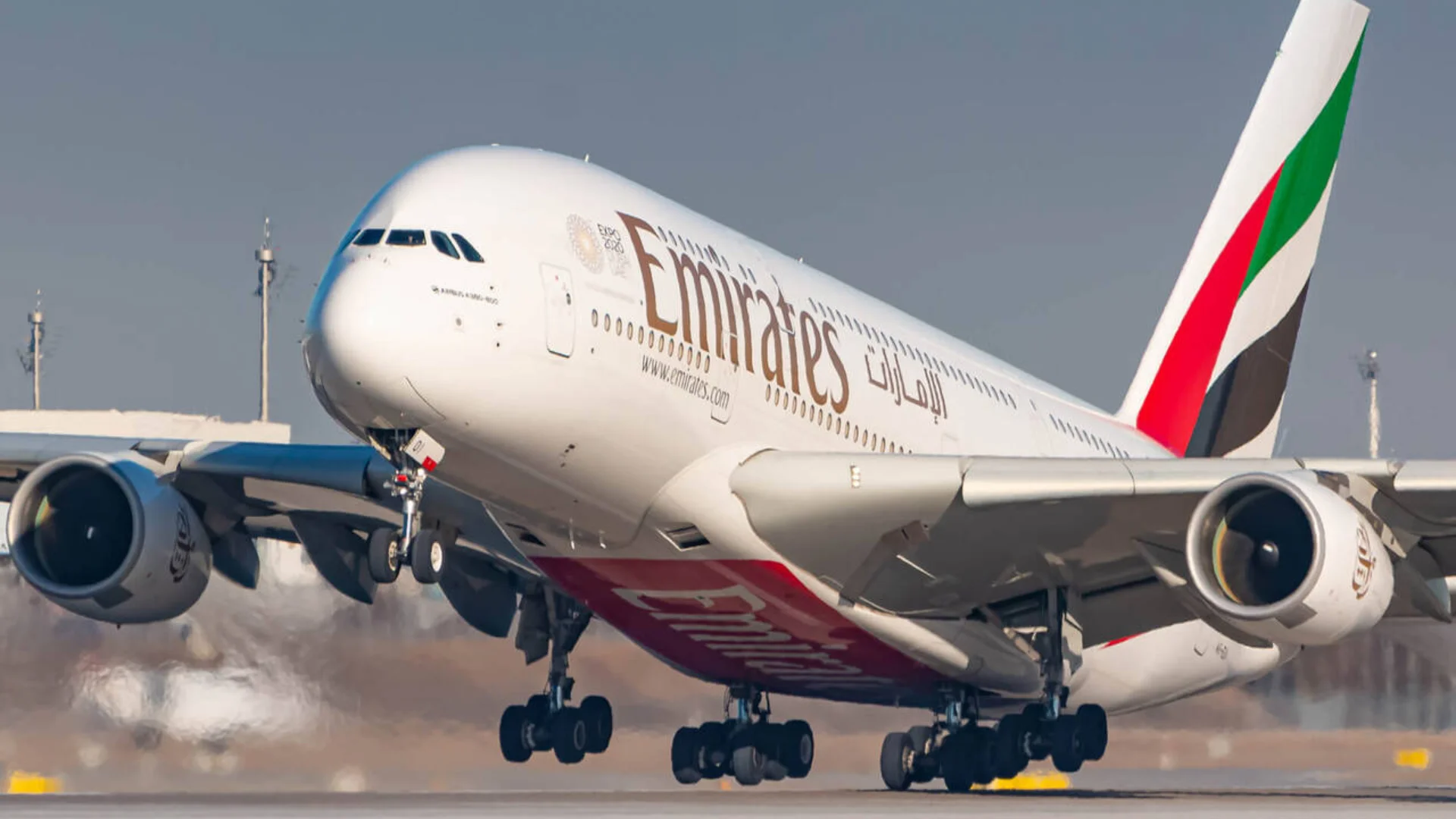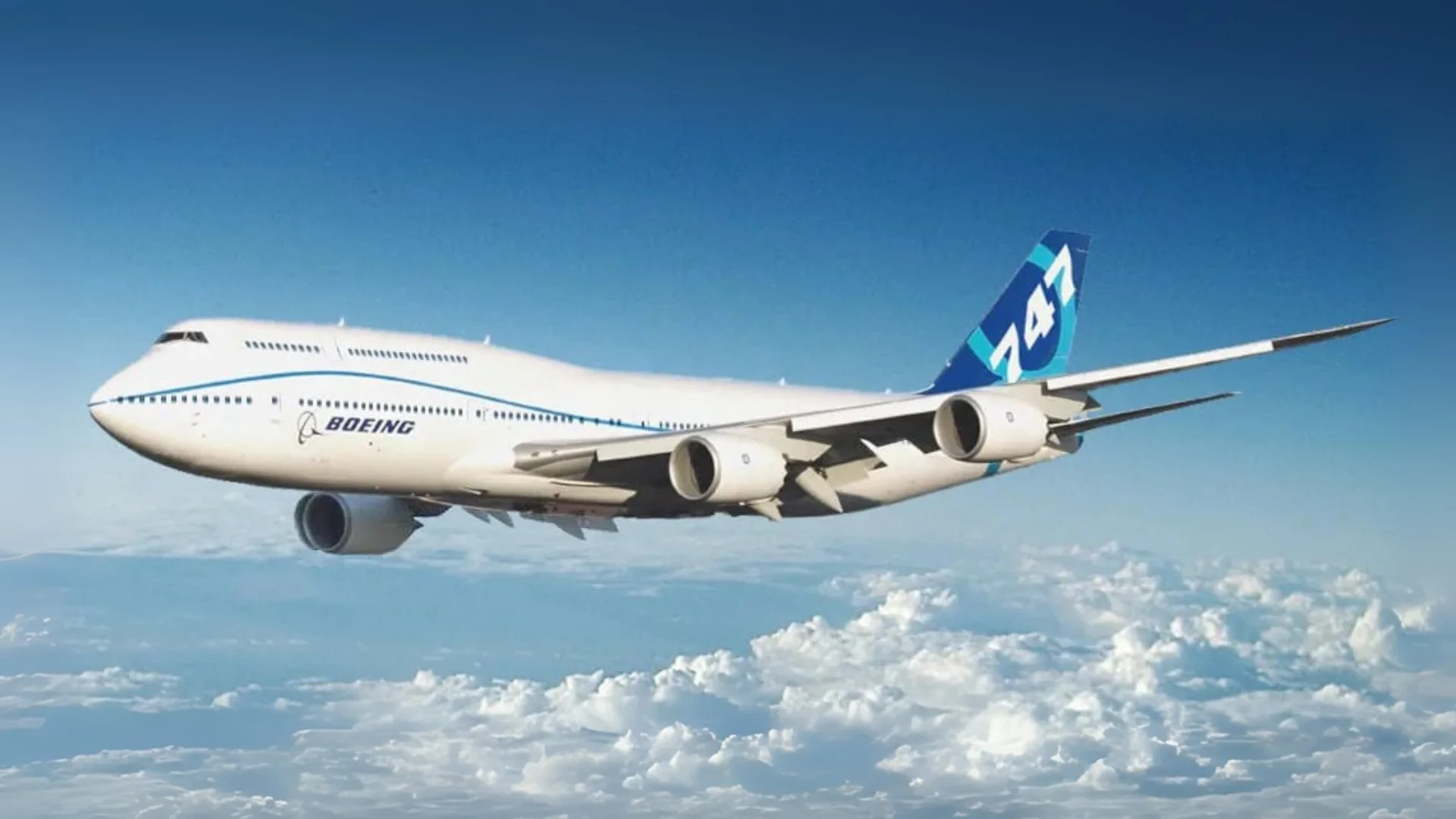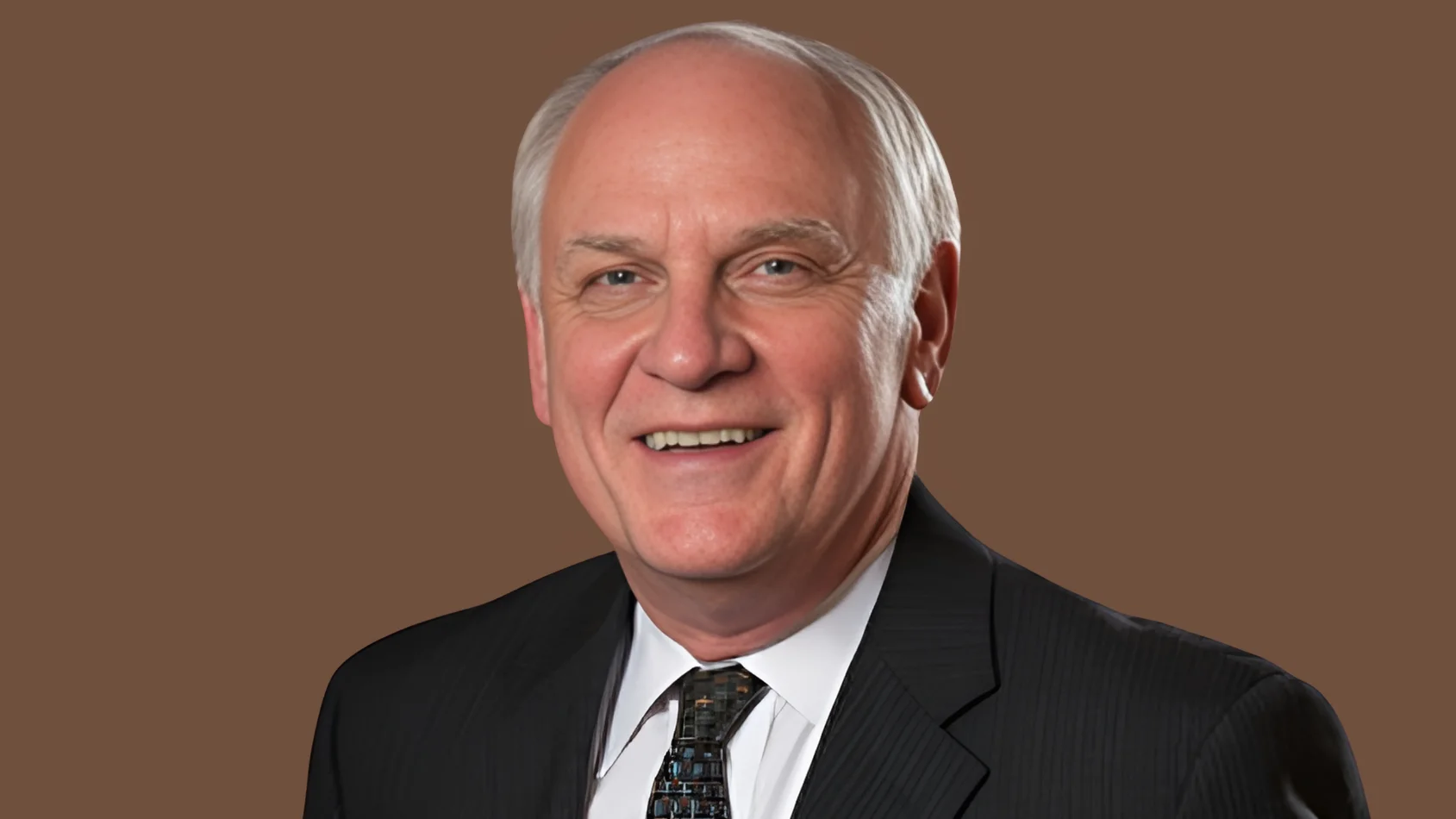Whether you're purchasing a home, leasing a vehicle, or applying for a new credit card, having a healthy credit score can significantly impact your ability to secure low interest rates or increase your chances of approval. For those with poor credit or no credit history, obtaining a loan or line of credit can be challenging.
A common strategy to build or rebuild your credit score is by applying for a secured credit card. These cards require a refundable security deposit in exchange for a line of credit upon account opening. They typically lack significant benefits and do not offer rewards.
Before applying for any new credit card, it's crucial to check your credit score. Many free resources are available for this purpose. Knowing your score can give you an idea of which products you may qualify for and the interest rates you might expect.
 Alerts Sign-up
Alerts Sign-up






